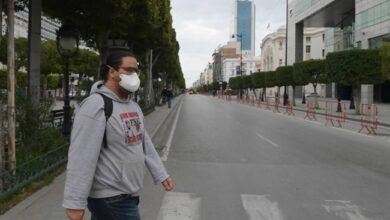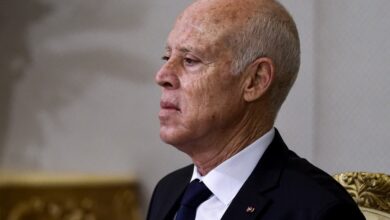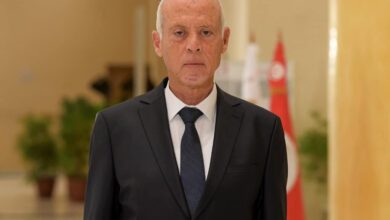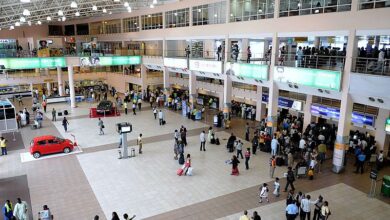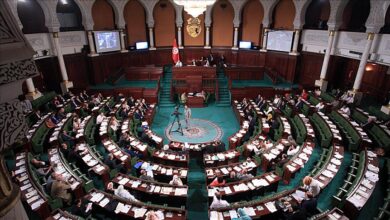Tunisia
Tunisian President Kais Saied Sacks 57 Judges Accused Of Corruption, Strengthens Grip
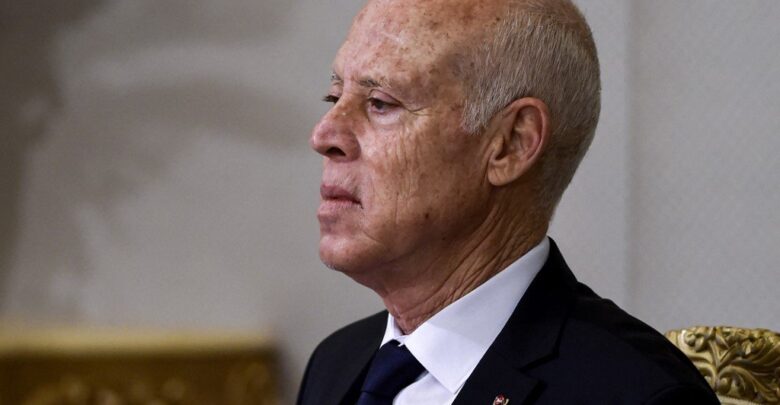
Tunisian President Kais Saied fired 57 of the country’s judges, accusing them of involvement in corruption, collusion with political parties, and obstructing hearings of terrorism cases, as he further strengthened his grip on the country’s judiciary, reported Africa News.
In a televised address on Wednesday, President Kais Saied said he had “given opportunity after opportunity and warning after warning to the judiciary to purify itself”.
Mr. Saied listed a long series of accusations against the dozens of judges ranging from corruption, illegal amassing of wealth, protecting terrorists, and even sexual harassment.
In the early hours of Thursday, the gazette published a list of judges who had been dismissed, and who may face prosecution. It did not list the reasons for their sacking.
Among those sacked was Youssef Bouzaker, the former head of the Supreme Judicial Council. The council, which Saied dissolved in February, had acted as the main guarantor of judicial independence since Tunisia’s 2011 revolution and the move fuelled accusations that Saied was interfering in the judicial process.
On Thursday, Washington accused Tunisian President Saied of undermining the country’s democratic institutions after he fired the judges.
Last July, Saied dismissed the government and seized executive power, before setting aside the 2014 constitution, dismissing the country’s elected parliament and the sitting prime minister, and granting himself executive powers. The move was deemed a coup by the opposition. He gave himself power over the judiciary by establishing a new judicial watchdog which allowed him to fire judges and block promotions and appointments.
The Tunisian president claimed the measures were needed to save the country from imminent peril and fight widespread corruption.
Under pressure from Tunisia’s allies, who are concerned about democratic backsliding in the country, Mr. Saied has laid out a roadmap that foresees organizing a July 25 referendum on political reforms to amend the constitution. The Constitution’s amendment would be followed by a Parliamentary election on December 17.


